In our tenth Sighting we reflect on the ‘changing weather’ and ask how we can stem the tide and nurture more warmth, connection and positivity.

From doubting to trusting and back again?
We’ve heard how conspiracy theories that originated in the US have made their way over to the UK, pointing to a growing distrust between citizens and the state.
He continues, “We should remember that an attraction towards conspiracy theories is normally an indication of vulnerability and a lack of social identification with a powerful out-group; responding using “the facts” is unlikely to be effective – listening through the allegation in order to hear the un-met needs and responding accordingly is much more likely to build trust.”
The disillusionment phase?
Shifts in public sentiment of this kind following major disruptions are not unprecedented. SAMHSA lays out six phases of disaster, stage five being ‘disillusionment’.
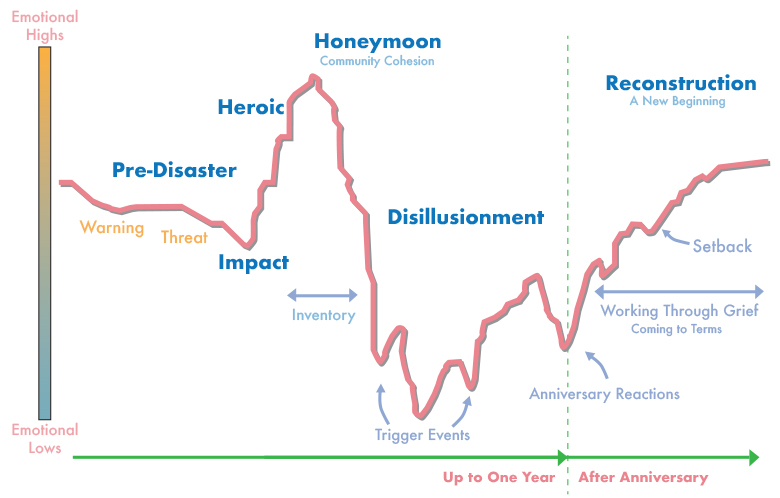
Source: SAMHSA Phases of Disaster
Back in March, April and into May we heard stories of heroism (stage three) and community cohesion (stage four). SAMHSA explains that during these phases “there is a sense of altruism, and many community members exhibit adrenaline-induced rescue behavior…disaster assistance is readily available. Community bonding occurs. Optimism exists that everything will return to normal quickly”.
The honeymoon phase is typically short lived, however, and replaced by disillusionment. “During the disillusionment phase, communities and individuals realize the limits of disaster assistance. As optimism turns to discouragement and stress continues to take a toll…The increasing gap between need and assistance leads to feelings of abandonment”.
This chimes with what we’ve been hearing lately:
Reasons to be positive
Whilst distrust, apathy, tension and scapegoating appear to be on the rise, we’ve been reminded that there are still reasons to be optimistic:
As Lockdown began they contacted Warwick hospital with an offer to deliver chemo drugs to patients’ homes as well. Four weeks later they were on the road “‘We cant be the stumbling block. We just need to make it work’ were the words of the Information Governance lead at Warwick Hospital. No DBS checks (because they weren’t needed) quick and simple telephone consent sought from patients, information shared. A loose three month agreement drawn up. ‘We don’t typically do that but they were itching to get started, and we were in the middle of an emergency. We knew some things would work and some things wouldn’t but not which ones so we just thought we can stock take as we go’ said the NHS manager who brought all the bits of puzzle together to make it happen. The can do approach flourished as a result of the pandemic and it is all going so well that another local hospital has come on board. All the Undercurrents we spotted in the Moment We Noticed – trust, collaboration, personalised provision and a can do spirit combining to brilliant effect!
Thanks to this week’s contributors
The Observatory is a voluntary collaboration led by the Relationships Project. We are dependent on the eyes and ears of our observers and partner organisations and we need more.
The voices heard this week include Diane Coles, Neil Denton, Karen Pilkington, Len Rosen, Jade Ward and Clare Wightman.
Read more
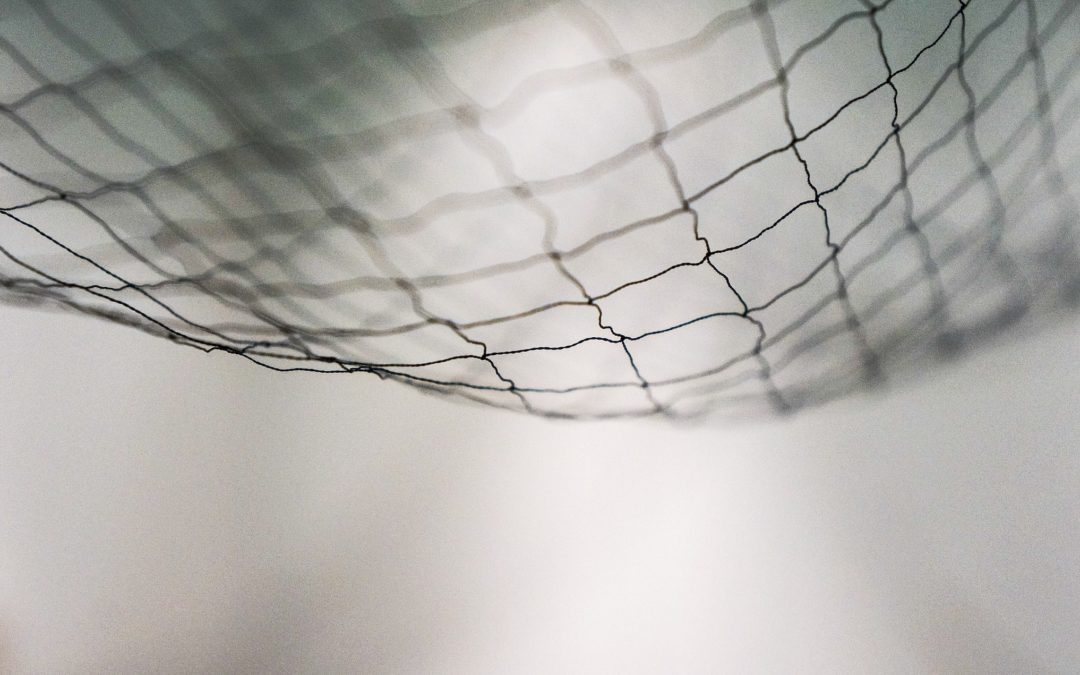
Observatory Sighting #2: Relational poverty and inequality
In this Observatory Sighting, we reflect on the link between relational poverty and other forms of inequality during Covid 19Observation Offline modes of socialising are moving online, widening the web of participation. But significant numbers slip through the...

Observatory Sighting #1: Stories, language and framing
In this first Sighting, we reflect on the role that stories, language and framing will play as we decide, as a society, how to rebuild. Observation The stories we tell now about how society is responding to COVID-19 will shape how we look back on this time and...
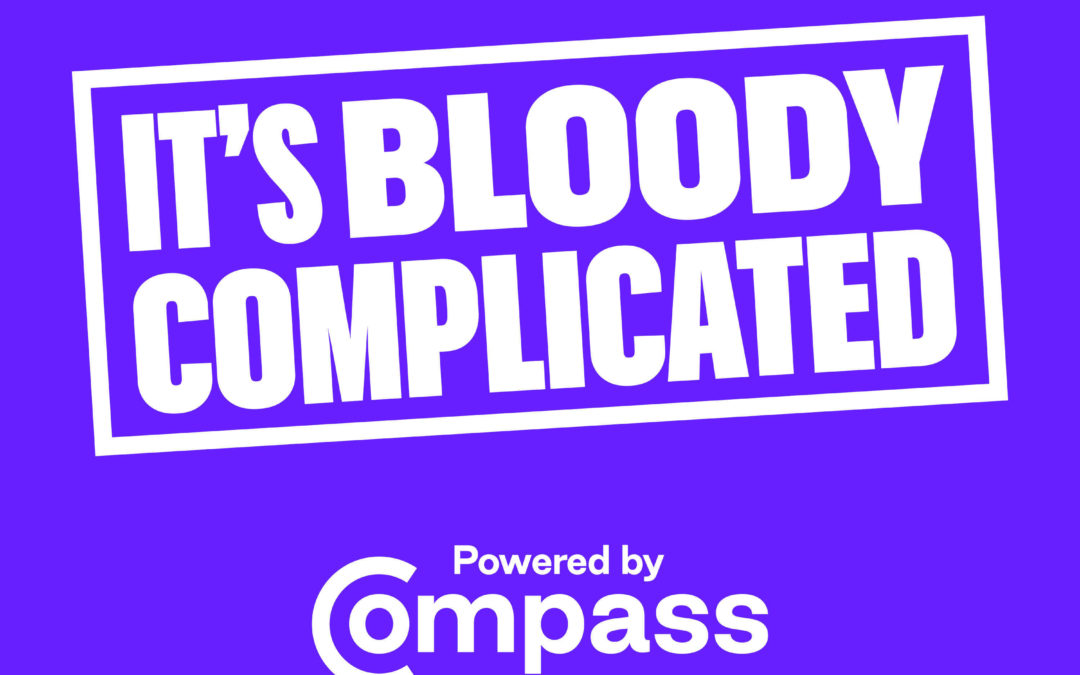
Podcast: The Ethics and Emotions of the Coronavirus Emergency
In brief In this episode of the 'It's Bloody Complicated' podcast produced by our friends over at Compass, guest speakers Julia Unwin, Jennifer Nadel and David Robinson discuss the questions: How do we relate to each other socially and politically now, in the...
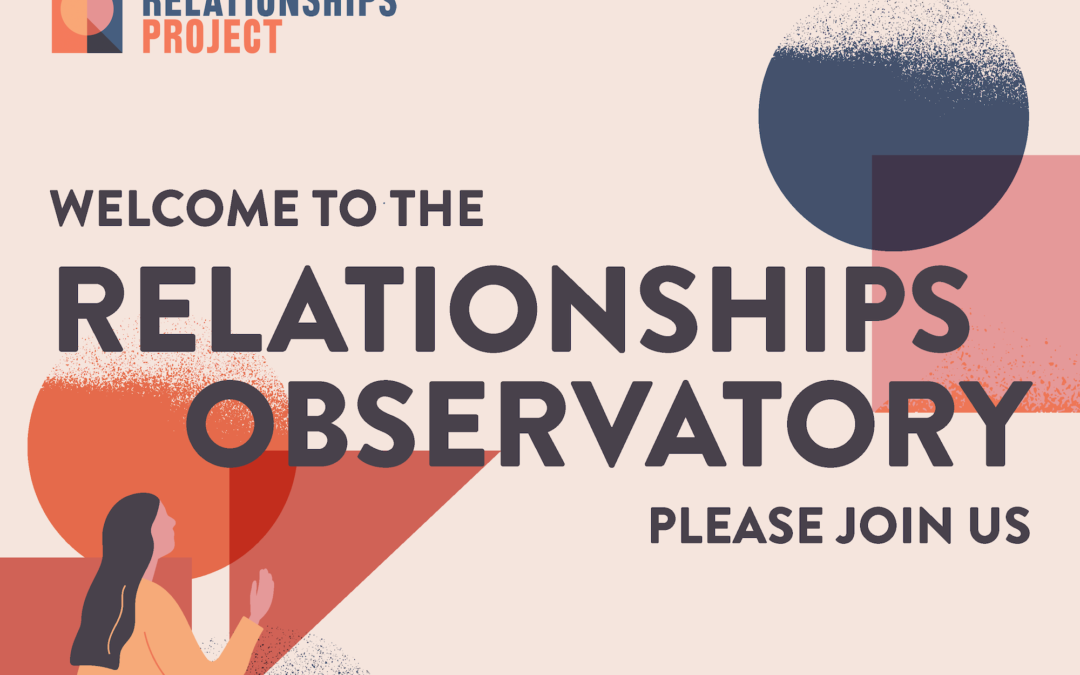
The Relationships Observatory
In brief In this blog we lay out our plans for The Relationships Observatory and invite you to share relationship-centred responses to COVID-19 and its challenges.Our plan In my last two blogs I talked about how we can learn from the crisis and embed effective and...
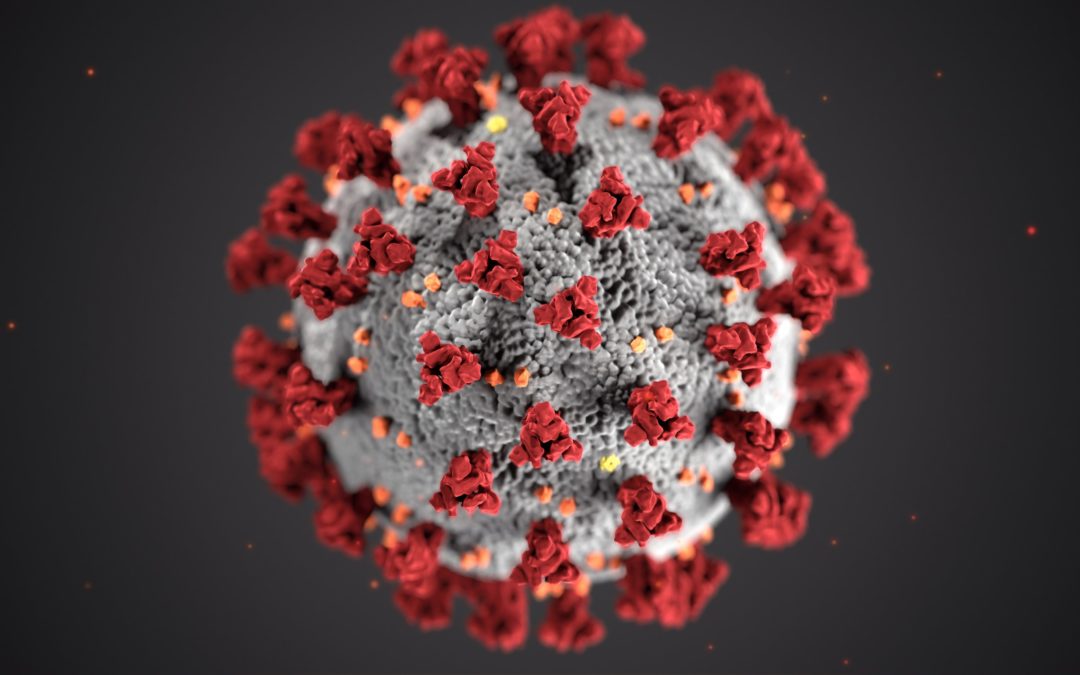
Inventing the Future
In brief In the midst of the coronavirus outbreak, David asks the question: What do we need to do now to be able to look back on 2020 as the year when we not only helped one another in a crisis but as the year when we changed for good? What do we need to do now...

Coronavirus and social disruption
In brief As social behaviour is disrupted by the Coronavirus, David Robinson says that disruption is neither good nor bad. What matters is what we make of it. I spoke last night to a church minister who had already cancelled the Older Peoples Wednesday group and was...
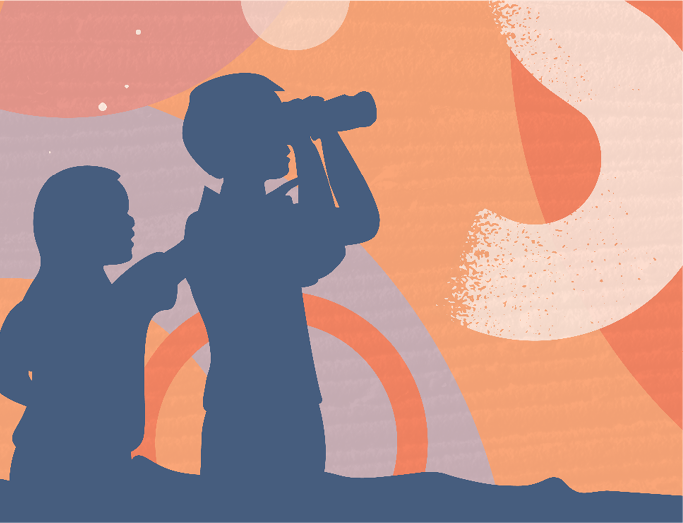
Lookout Sighting #3: Well connected or connecting well?
The Lookout is a space for understanding how life has changed for young people during Covid. During recent Lookout discussions, the double-edged nature of digital connection has come up frequently. In this Sighting, we explore the complex effect of digital technology...
